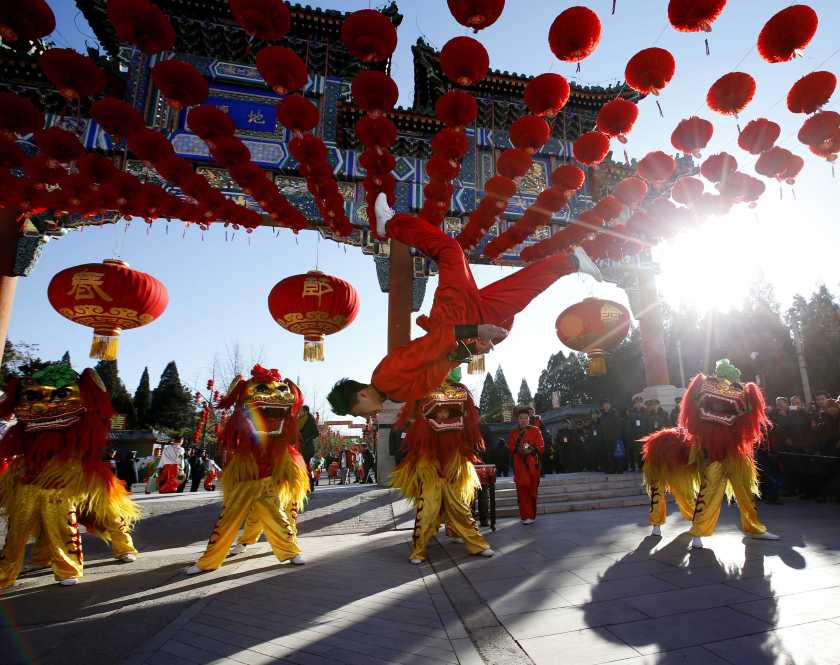BEIJING, Aug 2 — A prominent Beijing temple has denied allegations that its celebrity head abbot, a member of the Communist Party, coerced several nuns into having sex with him, one of China’s most high-profile #MeToo cases.
The allegations against Master Xuecheng and the Beijing Longquan Monastery burst into the public eye when a 95-page document written by two former monks, who also claimed that the temple is in financial trouble, emerged online earlier this week.
He is accused of sending illicit text messages to at least six women, tempting or threatening them to have sex with him.
Four gave in to Xuecheng’s demands, the report said, adding that he tried to assert “mind control” by claiming the sex was a part of their Buddhist studies.
“Xuecheng manipulated disciples to serve his ‘Buddhist Empire’... disciples under his control sacrificed their precious practices of Buddhist doctrines,” the document said.
But the monastery late Wednesday denounced the dossier, which it says falsified evidence, calling it an attempt to tarnish Xuecheng and the monastery’s reputation.
“The falsified evidence is based on a deliberate attempt to frame Master Xuecheng, and can be considered a crime,” the temple said in a statement posted on the Twitter-like Weibo platform.
“This incident has its roots in revenge, an operation motivated by malice. Beijing Longquan Monastery calls on the government and religious affairs authorities to form an investigative team to look into the matter.”
Beijing police and the religious affairs authorities could not be immediately reached for comment.
The report and posts about it have been taken down or censored on social media.
According to the state-run Global Times, Xuecheng had been brought in for questioning by authorities but later released.
In a separate social media posting, one of the report’s authors said he was forced to go public after the victims were ignored by authorities who said they could not investigate the matter.
There is no legal definition of sexual harassment in China and no national regulations on how to handle sexual assault cases in schools and workplaces.
Abbot Xuecheng is a prominent personality in Chinese Buddhist life with a social media following of millions.
He heads the Buddhist Association of China and is also a member of the Chinese People’s Political Consultative Conference, a top advisory board.
Located on the outskirts of Beijing, Longquan Monastery has made headlines for combining Buddhism with modern technology, launching last year a two-foot high robot monk that dispenses mantras and karmic advice.
The #MeToo movement ignited in China earlier this year with more women starting to open up about sexual assaults, especially on university campuses.
Unlike in the West, where #MeToo has forced resignations and sparked widespread public debate, authorities in China have sought to control the discussion, sometimes allowing and at other times censoring social media commentary. — AFP






















